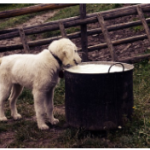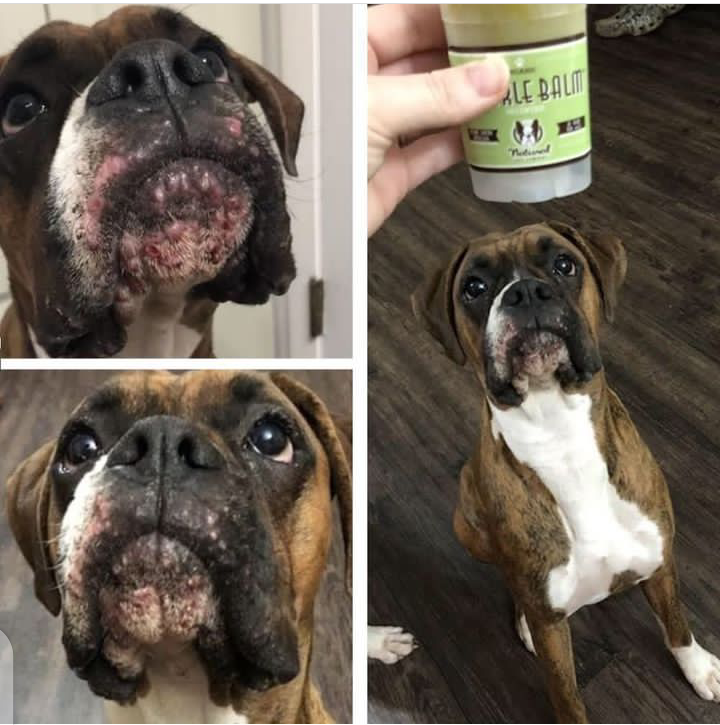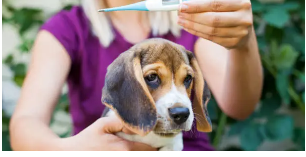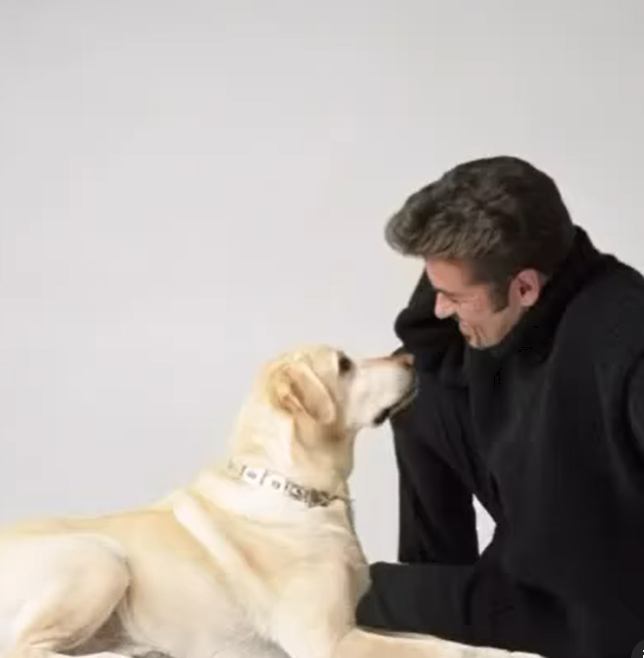Human Foods That Are Poisonous For Pets
Pets are beloved members of our families, and we want to do everything we can to keep them safe. One way to do this is to be aware of the human foods that are poisonous to pets. Many foods are safe for humans but can be dangerous or even fatal to pets.
Here is a list of some of the most common human foods that are poisonous to pets:
- Chocolate: Chocolate contains theobromine and caffeine, which can be toxic to dogs and cats. Theobromine and caffeine can cause vomiting, diarrhea, increased urination, restlessness, tremors, seizures, and even death.
- Grapes and raisins: Grapes and raisins can cause kidney failure in dogs. The exact mechanism of toxicity is unknown, but it is thought to be related to a substance called tartaric acid.
- Onions and garlic: Onions and garlic can cause anemia in dogs and cats. They contain a substance called thiosulphate, which can damage red blood cells.
- Xylitol: Xylitol is a sweetener in many sugar-free foods, including chewing gum, candy, and baked goods. Xylitol can cause a rapid drop in blood sugar levels in dogs, leading to seizures, coma, and even death.
- Macadamia nuts: Macadamia nuts can cause vomiting, diarrhea, weakness, and tremors in dogs.
- Alcohol: Alcohol can cause vomiting, diarrhea, seizures, coma, and even death in pets.
- Moldy foods: Moldy foods can contain toxins that can cause vomiting, diarrhea, and other health problems in pets.
- Fatty foods can cause vomiting, diarrhea, and pancreatitis in pets.
- Bones: Bones can splinter and cause choking, internal bleeding, or other pet injuries.
- Raw meat: Raw meat can contain bacteria that can cause pet food poisoning.
- Unpasteurized milk and dairy products: Unpasteurized milk and dairy products can contain harmful bacteria that can cause pet illness.
In addition to the foods listed above, many other human foods can poison pets. It is essential to consult with your veterinarian to determine whether a particular food is safe for your pet.
Signs and symptoms of pet poisoning
The signs and symptoms of pet poisoning can vary depending on the type of toxin that has been ingested. However, some common signs and symptoms include:
- Vomiting
- Diarrhea
- Drooling
- Lethargy
- Weakness
- Loss of appetite
- Increased thirst
- Difficulty breathing
- Seizures
- Coma
If you suspect that your pet has been poisoned, it is essential to seek veterinary attention immediately.
Treatment for pet poisoning
The treatment for pet poisoning will vary depending on the type of toxin that has been ingested. However, some common treatments include:
- Inducing vomiting
- Administering activated charcoal
- Providing fluids
- Administering antidotes
If your pet has been poisoned, following your veterinarian’s instructions is essential.
Preventing pet poisoning
The best way to prevent pet poisoning is to be aware of the human foods that are poisonous to pets and to keep these foods out of reach of your pet. It would help to supervise your pet when they are eating and drinking.
Here are some additional tips to help prevent pet poisoning:
- Store human food in airtight containers and out of reach of your pet.
- Do not feed your pet table scraps.
- Be careful when using pesticides and other chemicals in your home and yard.
- Keep your pet away from poisonous plants.
If you have any questions about whether a particular food is safe for your pet to eat, please consult your veterinarian.
What to do if your pet ingests a poisonous substance
If you think your pet may have ingested a toxic substance, you should first call your veterinarian or the nearest animal poison control center. They can give you specific instructions on what to do based on the type of poison your pet has ingested.
If your pet has ingested a poison, you should try to make them vomit as soon as possible. This can be done by giving them a solution of one part hydrogen peroxide to ten parts water. Once they have vomited, you should give them activated charcoal to help absorb any remaining poison.
If your pet cannot vomit, you should immediately take them to the veterinarian. The veterinarian can administer activated charcoal or other medications to help remove the poison from your pet’s system.
Conclusion
By being aware of the human foods that are poisonous to pets and taking steps to prevent pet poisoning, you can help keep your pet safe and healthy.



